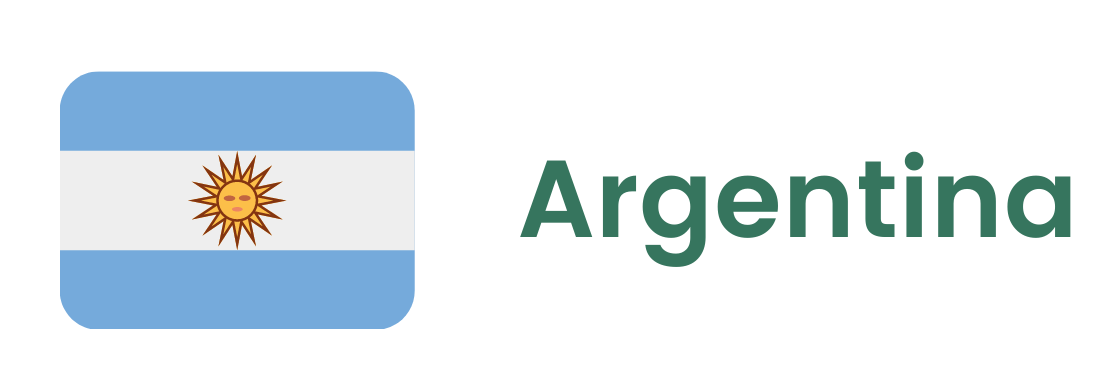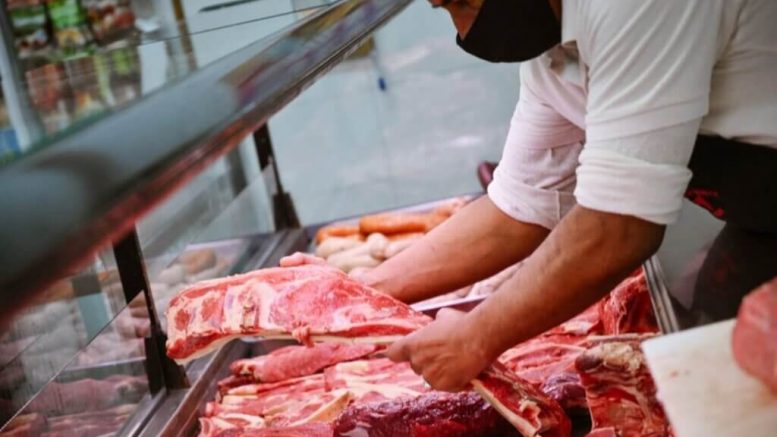Beef Sales Decreased by 11.2% in Argentina

Incentives for fossil energy promoted by the Trump administration should reduce the US demand for biofuels from Argentina, with direct impacts on the industrialization of grains such as soybean and corn. (Córdoba Cereal Exchange)
Beef sales decreased by 11.2% from January to October of 2024, reaching the lowest level in 28 years. (CYCCRA)
The government announced a public tender to privatize a section of the Paraguay-Paraná waterway through a 30-year concession, according to the chief of staff, Guillermo Francos. The 3,400 km long waterway is used to transport almost 80% of the country’s foreign trade. (Government of Argentina)

During the 19th G20 Summit, Brazil signed an agreement to import natural gas from Argentina, with an estimated supply of up to 30 million m³/day by 2030. (MAPA)
Brazilian soybean harvest for 2023/24 was estimated at 153 million tonnes, with a growth forecast in 2024/25, reaching 169 million. (IMEA)
SLC Agrícola recorded net revenue of US$ 866 million in the first nine months of 2024, a 7% decrease when compared to the same period in 2023. Net income was US$ 92.4 million, while adjusted EBITDA reached US$ 80.2 million. (SLC Agrícola)
Brazil will have 11 new agricultural attachés who will work at the country’s diplomatic representation offices abroad. (DOU)
Fiagro Nagro Oikos, an investment fund from Nagro Crédito Agro, Brazilian fintech that offers credit to farmers, has just raised US$ 12.99 million in its second offering. (Nagro Crédito Agro)
Embrapa researchers have edited genes from pinto beans, reducing compounds that cause digestive discomfort. The researchers managed to deactivate two genes responsible for the production of carbohydrates from the raffinose family, using a gene editing tool called CRISPR. (Embrapa)
Louis Dreyfus invests in the construction of a sugar transshipment terminal in Pederneiras, SP, with the capacity to store 90,000 tonnes and process 500 tonnes per hour. (LDC)


Dairy exports grew by 7.1% from January to September of 2024, totaling US$ 187.2 million. The main markets are the USA, the United Arab Emirates and Mexico. (National Federation of Milk Producers)
Minister of Agriculture and local authorities presented measures for the forest fire season, highlighting investments of approximately US$ 21 million, which include 42 regional brigades and 11 specialized aircraft. (Ministry of Agriculture)

Agriculture grew by 10.7% from July to September of 2024, driven mainly by coffee, rice, bananas and Hass avocado. (National Administrative Department of Statistics)
Price of coffee in Colombia has reached over US$ 500 per 125 kg, the highest since 2011. (National Federation of Coffee Farmers of Colombia)

![]()
Farmers are worried about the lack of rainfall in the Puno region. Despite some rainfall, it is not enough for crops to grow properly. (Ministry of Agriculture)
![]()
Sheep market exports increased by 1.6% from January to October of 2024, when compared to the same period of 2023. Exports of wool and its by-products increased by 21.2%. China was the main destination of wool, accounting for 46% of exports. Sheep meat exports fell by 26.4%. (Uruguayan Wool Secretariat)
During COP29, the Minister of Agriculture, Fernando Mattos, stated the agricultural sector in Latin America is committed to environmental protection. According to Mattos, agriculture is a “victim” of climate change, not the cause of the problem. (IICA)
The Technological University of Uruguay is developing biofuels made from agro-industrial waste, such as cheese whey and effluents from beer manufacturing. The University seeks to transform waste into hydrogen and methane. (UTEC)

READ MORE:

